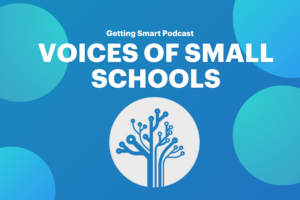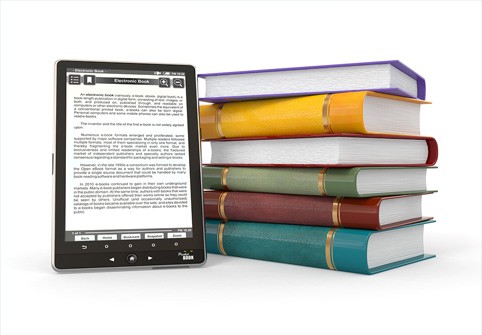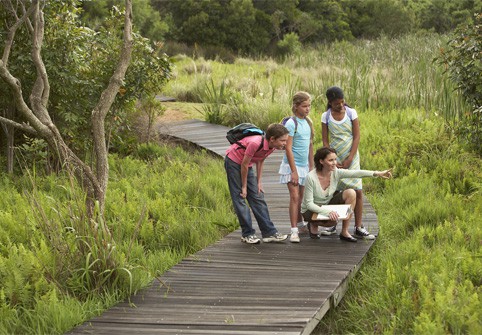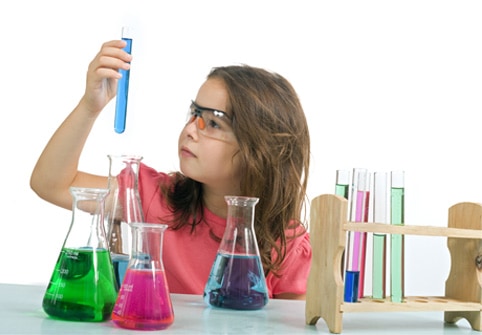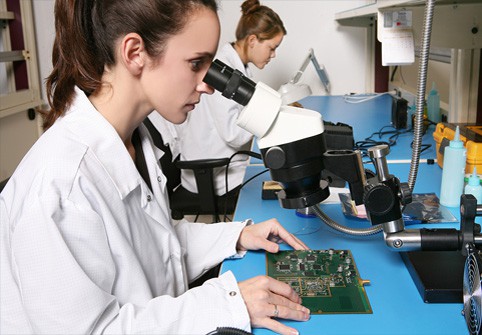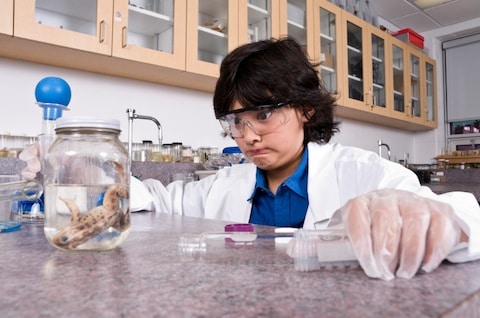Posts by wkehl
The Think Tank
In June, I ran a short series of articles on alternatives to the traditional science museum, from pop up museums to learning labs on wheels. I recently caught up with one of those projects: The Think Tank had recently wrapped up a successful crowd sourcing campaign on Indiegogo and was looking ahead to actually building their truck-turned-learning lab.
Educational Excellence Starts at Home
The culture of educational excellence starts in the home," says co-author Dr. Ina Mullis. "It follows with a school that has a focus on educational success by all the parties concerned – the teachers, the administration, the parents, the students themselves. It continues into the classroom with a teacher that is holding student engagement.
Citizen Science
Last month, while enjoying a hike on Mount Rainier, I participated in a citizen science project to help document wildflowers. You may have heard of "citizen science" - a scientist or a research group asks for help from the public to, say, identify wildflowers or monitor water quality in a local stream. Does it actually work?
Teaching the Nature of Science
A 2010 study of three elementary students found that, “Although each had robust knowledge of instructional strategies for teaching NOS, teachers lacked the requisite knowledge of assessment that would provide a feedback loop to support continued development of their knowledge of learners and lead to improvement in their teaching of NOS” (Hanuscin and Lee 2010).
Recent Research on Learning
A recent study suggests that e-readers can make reading easier for people with dyslexia. By configuring e-readers to display on a few words per line, some dyslexic readers were able to read more easily, quickly, and with greater comprehension.
Science, brains, & learning languages
We've known for several decades that there is a critical period for learning language: children are more likely to reach native (or native-like) fluency in language(s) that they learn before age 5. (The exact age and importance of this window is not written in stone.) The good news is that the benefits of learning a language do not disappear after age 5. A recent deluge of studies point to interesting and encouraging links between learning languages and the brain.
New and Inspiring STEM Initiatives
In the past couple weeks, I've read about a lot of STEM initiatives in the news, but two in particular seemed worth sharing:
An Amazing Experience for K-12 STEM Teachers
Last week, a group of 19 K-12 teachers joined paleontologists from the University of Washington in the badlands of Montana to dig for dinosaurs.
Free 3D Models Help Students
The best way to learn anatomy is to look at real bones and real bodies - anyone who dissected a frog in high school knows that the tidy multi-colored diagrams found in textbooks rarely do justice to the real thing. But there are several problems: besides the ick factor, real bodies aren't always easily accessible or affordable. 3D anatomical models have existed for some time but these, too, aren't always affordable. Luckily, several free sources of 3D models exist. Even better, recent research suggests that they help students learn about biological systems.
Pop Up Museums Emphasize Conversations
For my last post on alternate models of access to informal STEM education, I’d like to return to the pop-up museum, which I mentioned briefly in my first post. Pop up museums might occupy empty storefronts, public spaces such as library common rooms or parks, or even vehicles such as converted RVs (these are often called mobile museums).


